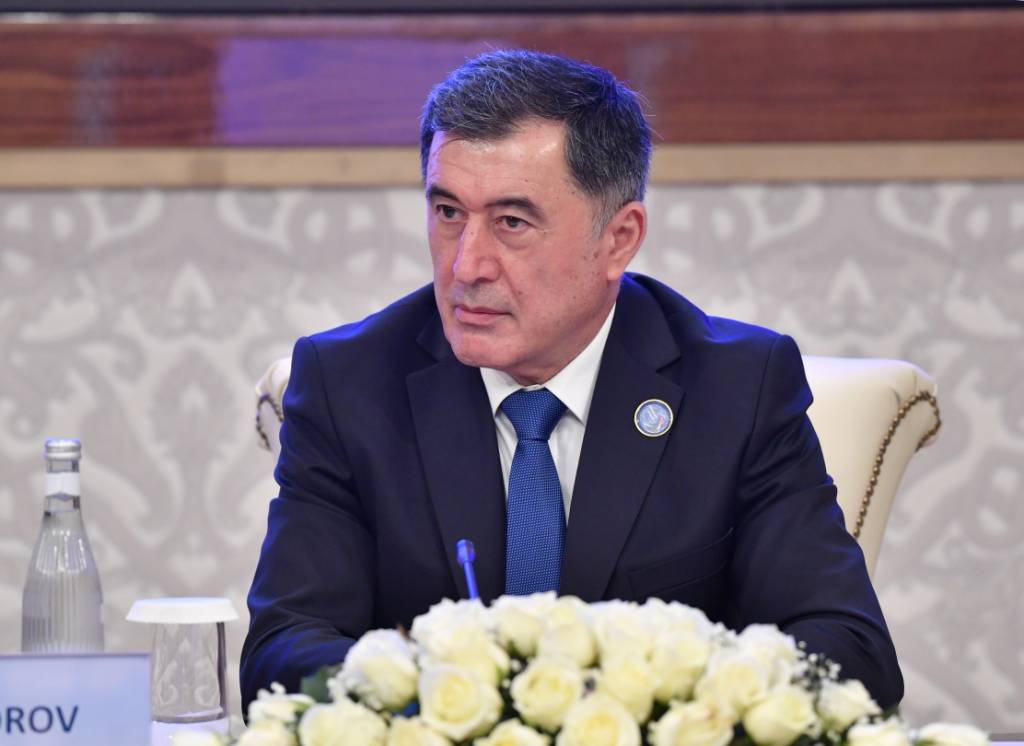Answer of Foreign Minister Vladimir Norov to the question of "O'zbekiston 24" TV channel correspondent at the briefing following the EU-Central Asia Connectivity Conference: Global Gateway for Sustainable Development

Question: How do you assess regional cooperation in Central Asia, and what role can the EU play?
Vladimir Norov: Achieving long-term stability and sustainable development in Central Asia is inextricably linked with strengthening mutual trust among the states of the region, development of regional political, economic, humanitarian cooperation, and the joint solution of common problems in the region.
President Shavkat Mirziyoyev has identified the development and strengthening of friendly, good-neighbourly and mutually beneficial relations with Central Asia as the main foreign policy priority of Uzbekistan.
In this regard, the leadership of Uzbekistan attaches high priority to the fundamental improvement of the political environment in Central Asia. Together with neighbouring states, Tashkent is pursuing a consistent and responsible foreign policy aimed at constructively resolving all regional issues that in the past gave rise to disagreements and created the impression of Central Asia as a fragmented and poorly integrated region.
Today, trade, investment, transport, industrial, cultural and humanitarian ties, cross-border and interregional cooperation, and interaction in the field of security are expanding between the region’s countries.
Uzbekistan attaches great importance to developing a mutually beneficial, multifaceted strategic partnership with the European Union (EU), including within the framework of the CA-EU dialogue.
We consider it is important to continue this dialogue and cooperation, especially concerning the participation of European companies in the modernisation of the economy, technical and technological re-equipment of industries, development of agriculture, transport infrastructure, tourism industry, implementation of socially significant projects in Uzbekistan and other countries of the region.
We welcome the EU “Global Gateway” initiative announced on December 2021. It envisages the development of global connectivity partnership by promoting joint investments, especially in infrastructure, creating the better conditions for economic cooperation, movement of goods, people and services across all continents.
Within the framework of the EU’s Global Gateway Strategy, we propose to jointly develop a long-term strategic program for the development of transport and communication connectivity of our regions.
We believe that Ministerial Conference in Samarkand will contribute towards practical implementation of this initiative.











